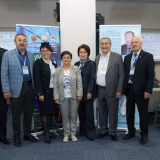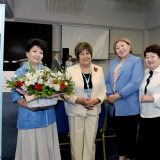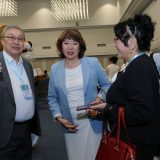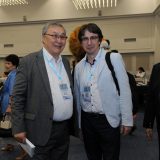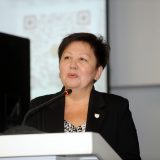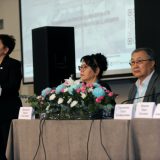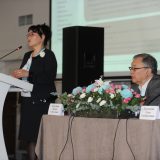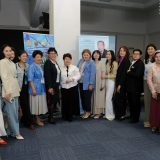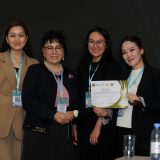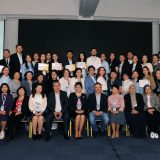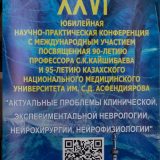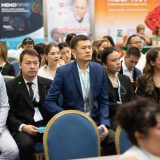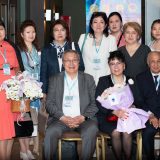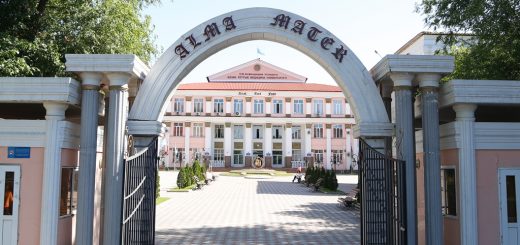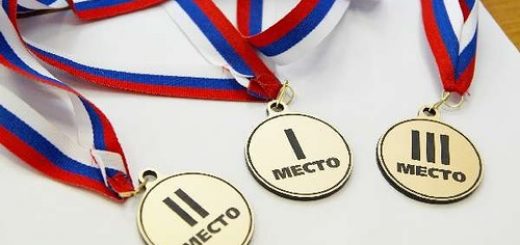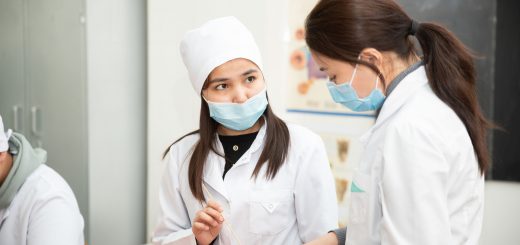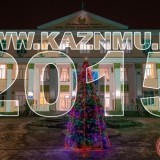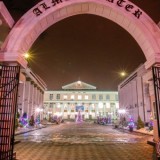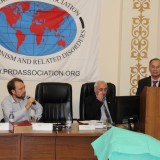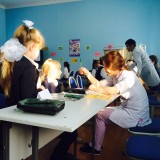XXVI International Scientific and Practical Conference «Current Issues in Clinical and Experimental Neurology, Neurosurgery, and Neurophysiology»
The XXVI International Scientific and Practical Conference titled “Current Issues in Clinical and Experimental Neurology, Neurosurgery, and Neurophysiology,” dedicated to the 90th anniversary of the memory of Professor S.K. Kaishibaev and the 95th anniversary of S.D. Asfendiyarov Kazakh National Medical University (KazNMU), was held in Almaty on May 30–31, 2025, in a hybrid format.
The event was organized by the Department of Neurology of KazNMU, the Association of Neurologists of the Republic of Kazakhstan, with the support of the Ministry of Health of the Republic of Kazakhstan and the Almaty Public Health Department.
Welcome speeches were delivered by First Vice-Rector of KazNMU, Academician of the National Academy of Sciences of Kazakhstan, Professor D.R. Khaidarova, Dean of SOM-2 Professor G.A. Shopaeva, Head of the Department of Neurosurgery of KazNMU, Chief Neurosurgeon of Almaty, Professor E.K. Dyusembekov, and President of the Association of Neurologists, Professor E.S. Nurguzhaev. They emphasized the importance of the event, acknowledged the major achievements in neurology, and extended wishes for success and fruitful collaboration.
The opening ceremony began with a moment of silence in memory of Professor S.K. Kaishibaev, whose contribution to Kazakhstani neurology is invaluable. In his speech, Professor Nurguzhaev E.S. highlighted that Professor Kaishibaev was an outstanding neurologist and one of the founders of the national neurological school of sovereign Kazakhstan. Under his supervision, 14 doctoral and 48 candidate dissertations were defended. He led the Kazakh Scientific Society of Neurologists for 25 years and authored the first neurology textbook in the Kazakh language, which is still used by medical students nationwide in both Kazakh and Russian.
The conference brought together leading national and international experts. Participants included colleagues from all over Kazakhstan: Astana, Shymkent, Almaty, Karaganda, Aktobe, Taldykorgan, Kyzylorda, Uralsk, Atyrau, Semey, Taraz, and many regional areas. A wide range of presentations addressed the most pressing topics in modern neurology.
Key subjects included:
- Neurosurgery, epilepsy, multiple sclerosis, and chronic inflammatory polyneuropathy in Kazakhstan (Dyusembekov E.K., Lepesova M.M., Turuspekova S.T., Almaty);
- Prospects of neurorehabilitation in Uzbekistan (Mirdzhuraev E.Sh., Tashkent);
- The announcement of the Kazakhstan Alzheimer’s and Dementia Alliance and the development of a national strategy for the diagnosis and treatment of cognitive disorders (Tsoy R.T., Almaty).
Kazakhstan’s entry into the UK ADI (Alzheimer’s Disease International), an organization uniting 105 countries for the advancement of dementia research and care, marks a significant step. Kazakhstan is now the only Central Asian country represented in this international organization.
A highlight of the event was an interactive master class on the modern applications of Artificial Intelligence in medical education, delivered in a unique debate format by young faculty members Tsoy R.T. and Oraz S.S., moderated by Professor Nurguzhaev E.S. and Department Head Turuspekova S.T. The session focused on the topic: “Headache: Not Just a Symptom, but a Key to Diagnosis,” and included six clinical cases to be solved within 30 days. Each participant’s performance will be rated, and individual results, including diagnostic mistakes and correct treatment choices, will be visible in their personal accounts. The main goal is learning through error analysis.
During the sectional meeting on “Precision Medicine in Neuroimmunology and Rare Diseases,” discussions covered modern approaches to the diagnosis and treatment of NMOSD, SMA, and Wilson-Konovalov disease (Kasatkin D.S., Yaroslavl, Russia; Khachanova N.V., Moscow, Russia; Zharkynbekova N.A., Shymkent; Kabdrakhmanova G.B., Aktobe; Almakhanova K.K., Mukhambetova G.A., Nurzhanova R.B., Almaty).
The section “From Anxiety to Recovery: A Personalized Approach in Neurology” addressed various aspects of anxiety symptoms (Lisnik V.S., Chisinau, Moldova; Yeshimbetova S.Z., KRMU, Almaty; Atantaeva E.B., KazNMU, Honorary Professor, Almaty), neurorehabilitation (Nurguzhaev E.S., KazNMU; Kispaeva T.T., MUK, Karaganda; Adambaev Z.I., Urgench Branch of Tashkent Medical Academy , Uzbekistan; Seidanova A.B., City Hospital No.1, Chief Rehabilitation Specialist of Almaty), and cognitive impairment (Kuanova L.B., UMC, Astana; Raimkulov B.N., Mukhambetova G.A., KazNMU, Almaty).
At the plenary session “The Nervous System Under the Microscope: From Amyloidosis to Dorsopathies,” topics included:
- Treatment of hypoxic and toxic encephalopathy (Khaybullin T.N., Semey),
- Features and diagnostics of tuberculous meningitis in modern conditions (Rakysheva A.S., Almaty),
- ATTR amyloidosis: from etiology to clinical manifestations (Eszhanova L.E., Astana; Suponieva N.A., Moscow),
- Modern back pain management algorithms (Yevstafyeva N.A., Karaganda; Demessinova B.K., Almaty, and others).
The traditional “Young Scientist School” featured 29 reports and drew significant interest from young researchers. All participants received commemorative certificates and diplomas in various categories.
Thanks to its hybrid format, the conference reached a wide audience — 3,787 viewers watched the live broadcast over two days.



